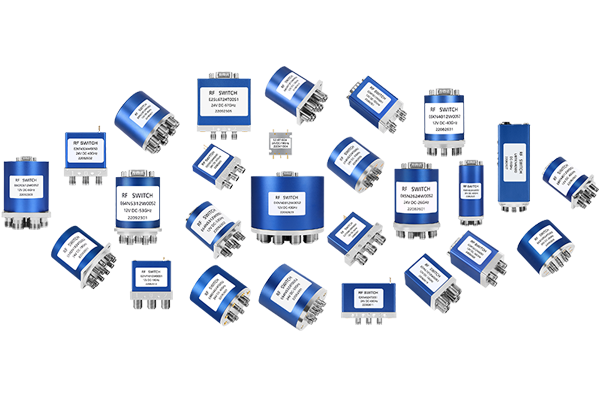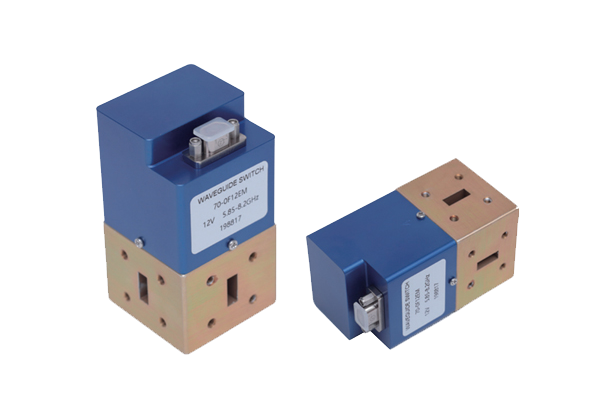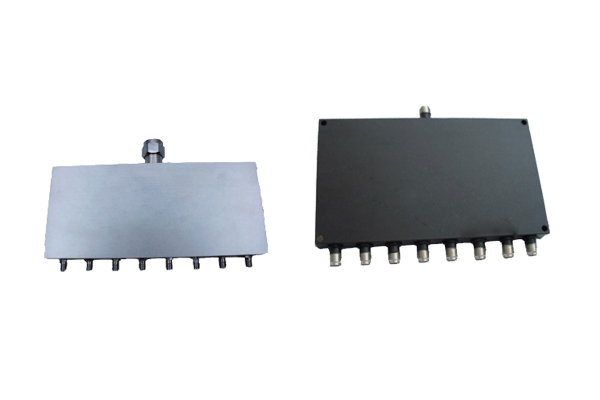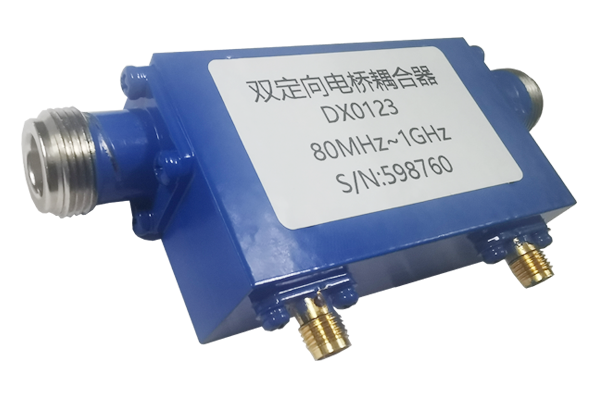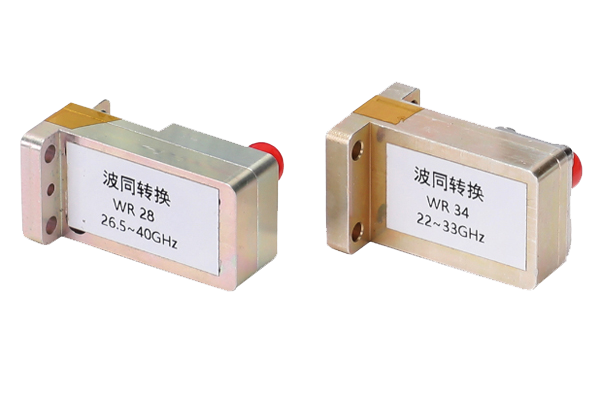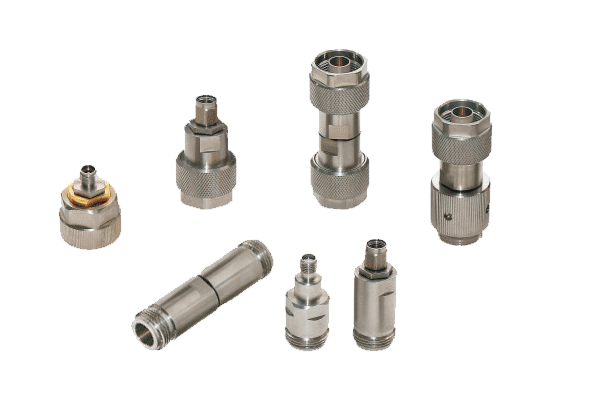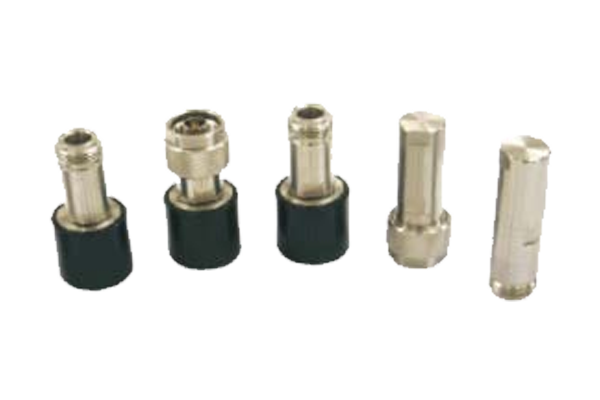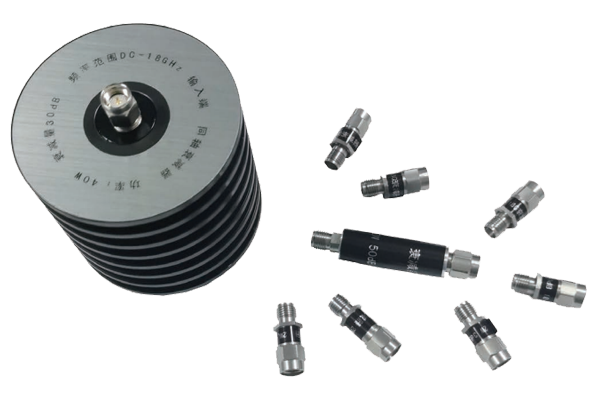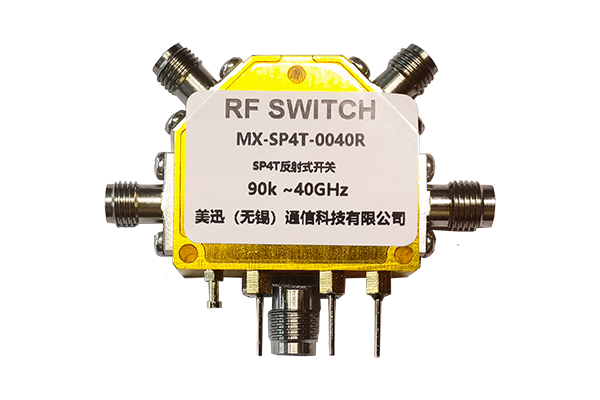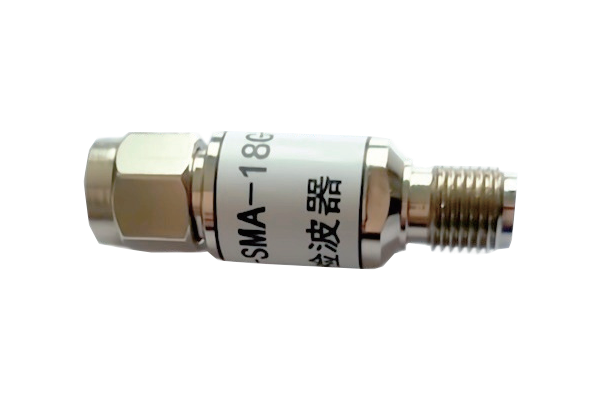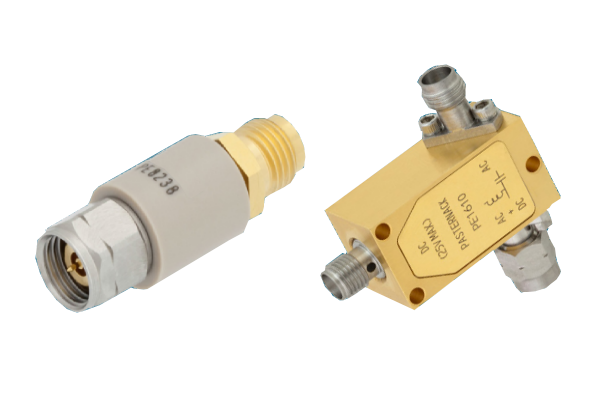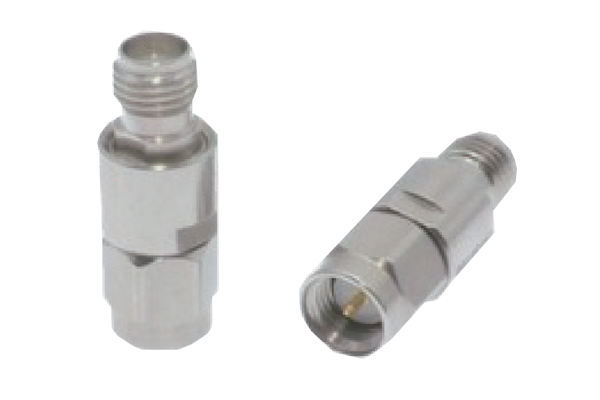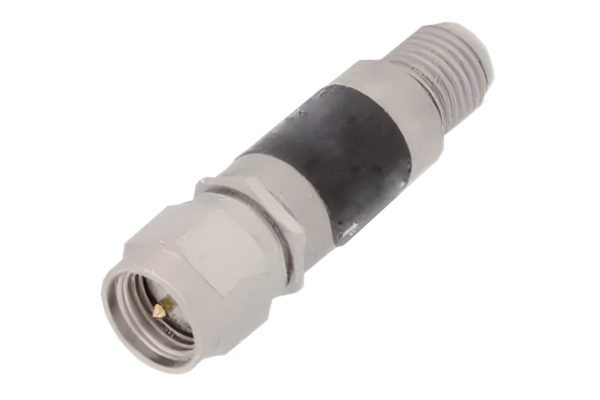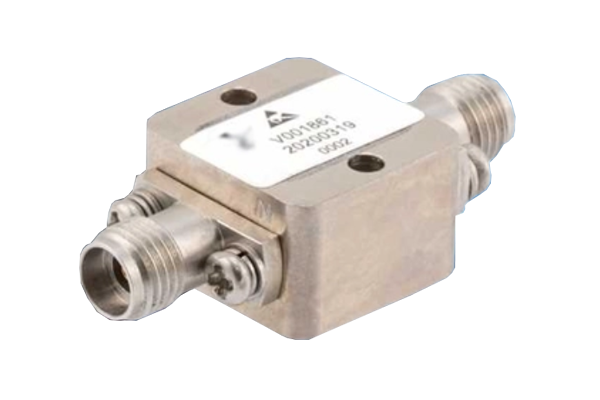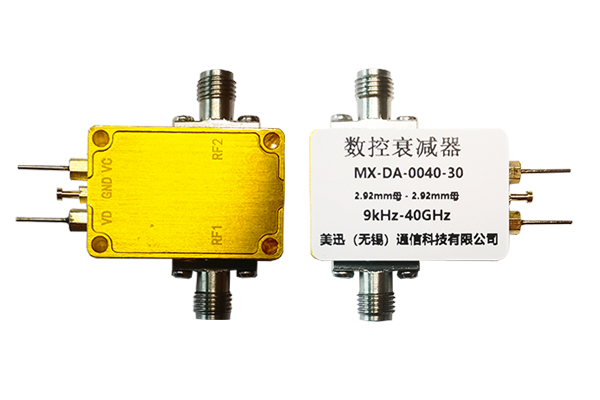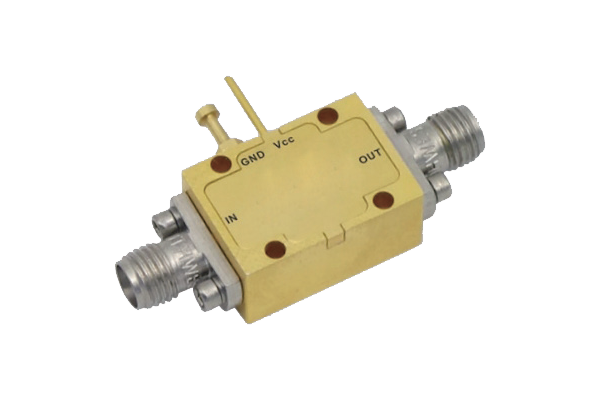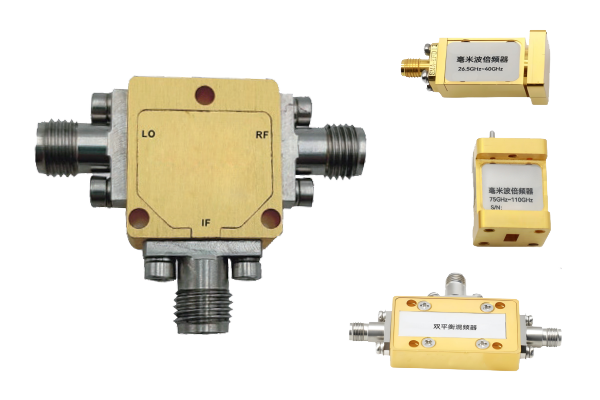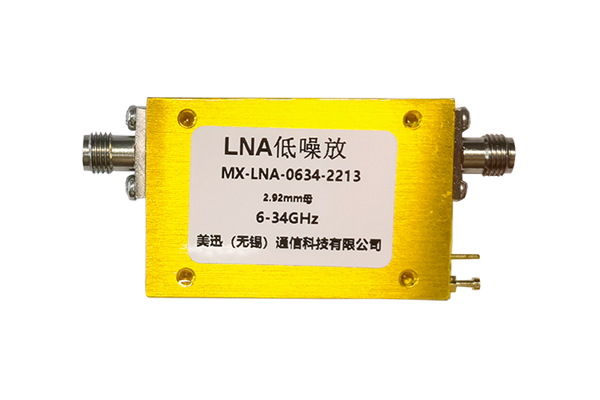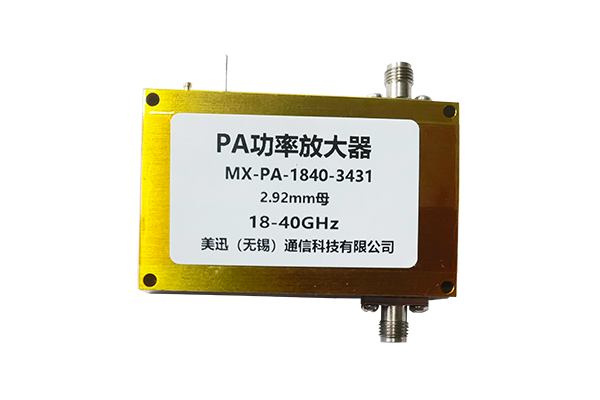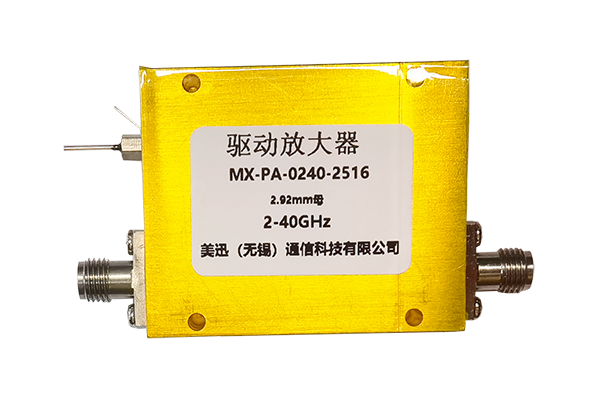Core Component Performance Determines Fundamental Stability
The signal transmission stability of an RF pin diode switch depends primarily on the performance of the diode itself. A high-quality diode has low and stable forward resistance and low reverse leakage current, which reduces energy loss during signal conduction and prevents signal interference caused by reverse leakage.
Critical Insight: Poor diode performance can lead to parameter drift over long-term use, such as increased forward resistance or decreased reverse isolation. This directly causes signal transmission fluctuations and affects stability. Therefore, component quality and parameter consistency are essential for ensuring stable signal transmission in an RF pin diode switch.
Circuit Design and Matching Affect Transmission Consistency
The rationality of circuit design and impedance matching are crucial to signal transmission stability in an RF pin diode switch. Improper internal drive circuit design, such as fluctuations in drive voltage or interference in control signals, can lead to unstable diode conduction/off states.
Design considerations for optimal performance:
- Proper internal drive circuit design prevents unstable diode states
- Impedance matching between waveguide interface and external circuit minimizes reflections
- Compliance with design specifications reduces signal attenuation and distortion
An impedance mismatch between the waveguide interface and the external circuit can cause signal reflections, resulting in signal attenuation or distortion. Only when the circuit design complies with specifications and impedance matching is good can signal transmission remain stable in an RF pin diode switch.
Environmental Conditions Affect Transmission Stability
External environmental conditions directly affect the signal transmission stability of an RF pin diode switch. High temperatures can cause changes in the diode's electrical parameters, resulting in reduced conductivity.
Environmental factors to consider:
- High temperatures can alter diode electrical parameters
- Humid environments may cause circuit shorts and signal anomalies
- Strong electromagnetic interference can penetrate the switch
- Protective designs (shielding, moisture-proofing) enhance reliability
If the RF pin diode switch lacks protective designs for harsh environments, such as high-temperature protection, moisture-proofing, or electromagnetic shielding, its signal transmission stability will be significantly reduced, making it difficult to adapt to complex operating conditions.
Usage and Maintenance Affect Long-Term Stability
Proper daily use and maintenance are crucial to the long-term signal transmission stability of an RF pin diode switch. Exceeding power ratings for extended periods can accelerate diode aging and lead to performance degradation.
Maintenance Best Practices: Regular cleaning of interface impurities, checking circuit connection status, and avoiding overload can reduce potential fault hazards, maintain the stable performance of diodes and circuits, and ensure that signal transmission remains stable for a long time in your RF pin diode switch.
Frequent mechanical vibration or shock can loosen internal circuitry and cause poor contact at interfaces, resulting in signal transmission interruptions. Proper handling and maintenance are essential for preserving the integrity of your RF pin diode switch.



